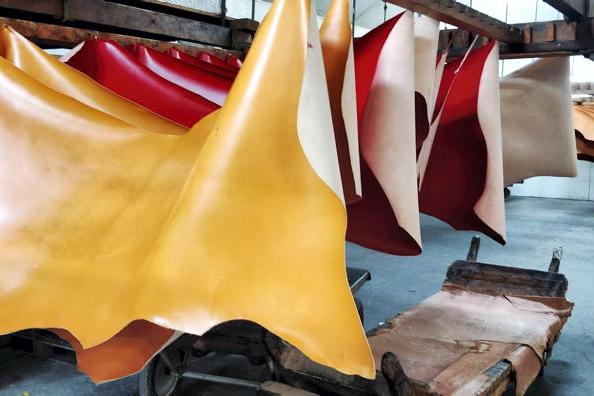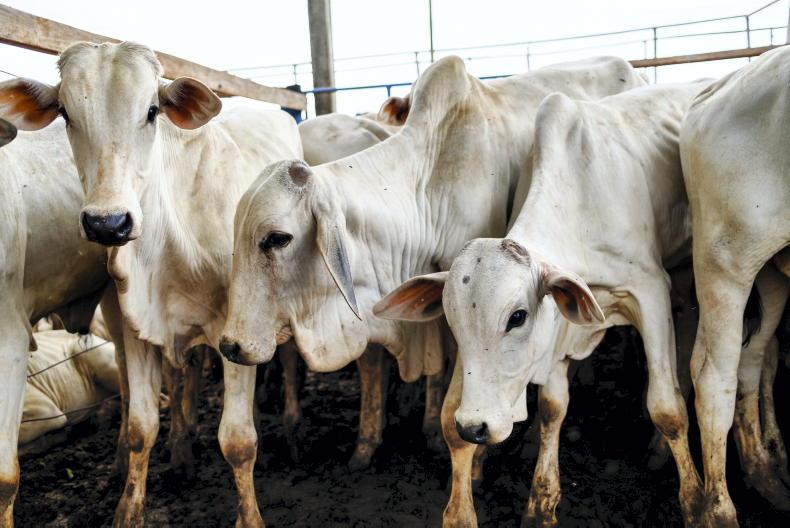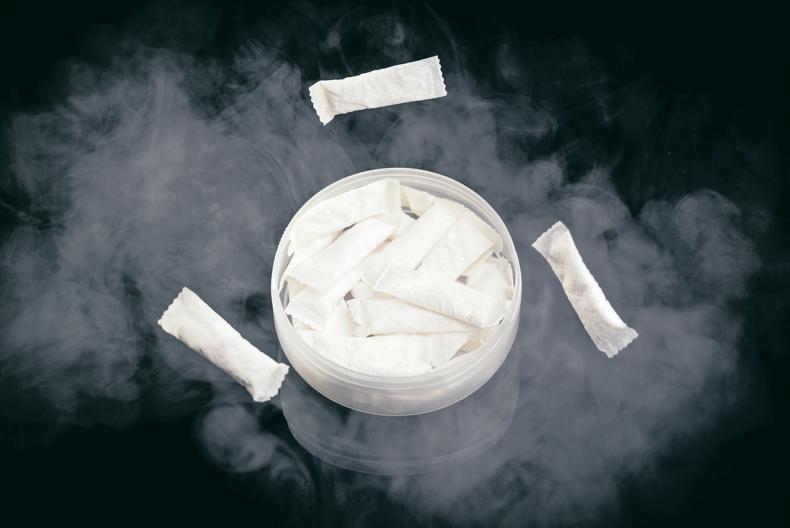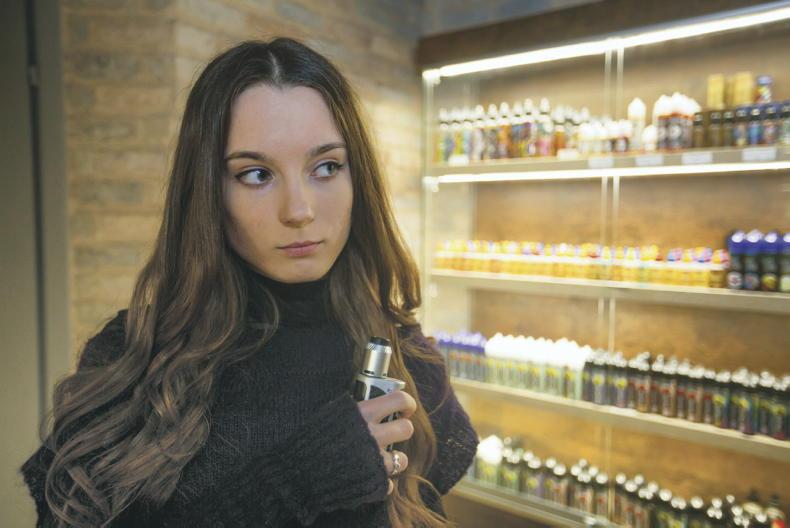Pharmacists’ advice
This summer, why not be prepared for warm-weather perils with the following tips from the Irish Pharmacists’ Union.
Medication
Don’t forget it when going on holiday. Put it in your hand luggage in case your checked-in luggage gets delayed or goes missing.
Sun
Stay out of it between 11am and 3pm. Use a high sun protection factor with UVA protection as well as hat, sunglasses and T-shirt. Reapply sun block to children frequently, especially after swimming.
Sunburn
If that happens, stay out of the sun for a few days. Drink plenty of water. Ask your pharmacist about appropriate creams and painkillers. If you have severe sunburn with headaches, nausea, vomiting or dizziness, see your GP.
Don’t mix alcohol and the sun
Be careful when drinking alcohol in hot weather, as it can cause dehydration. Avoid swimming or engaging in sporting activities if you have taken alcohol.
Stomach upsets
Ask your pharmacist for non-prescription medication that you can bring on holiday in case of stomach upset.
Insect bites
Bring insect repellent. If you get bitten, wash the area with soap and water and apply a cool compress or calamine lotion. Finally, apply some antiseptic cream to avoid infection. If you suffer an allergic reaction to a bite, seek medical assistance immediately.
Children’s illnesses to watch out for specifically in summertime
Summer, like winter, can have its own set of health risks. Here are a few tips from schooldays.ie to keep handy.
Swimmer’s ear
This is an infection of the outer ear canal and occurs when water remains trapped in the ear, causing bacteria to grow. The ear can feel itchy, full or painful. It is easily treated with over-the-counter antiseptic ear drops. Wearing ear plugs while swimming will prevent it in future.
Heat rash
This occurs when sweat ducts become blocked and swell, resulting in itching and discomfort. Often caused by wearing too-heavy clothes in summer, wearing lighter clothes reduces risk. It usually goes away after a day or two.
Eczema
Eczema may actually improve in summer, but chlorine in pools and exposure to sun can dry the skin out and, along with increased sweat, can trigger irritation. If your child suffers from eczema, try to wipe down their skin when in the heat in order to reduce the build-up of sweat. Use hypoallergenic sunscreen and a good moisturiser on your child’s skin every day. Dress them in cool clothes so skin can breathe.
Anaphylactic shock
If you experience swelling or itching anywhere else on your body after being stung or, if you are wheezing or having difficulty swallowing after being stung, you will require emergency medical treatment. Call 999 immediately to request an ambulance.
If you have the symptoms of a systemic allergic reaction, it could lead to anaphylactic shock. If you experience anaphylaxis, you may need to have an adrenaline injection, antihistamines, oxygen or an intravenous drip (a drip directly into a vein).
Sunstroke
Too much time in the sun can result in sunstroke, which can be very serious. The person will have a rapid pulse, be disorientated, nauseous, have a dry, swollen tongue and red, hot skin. Take the person to hospital if this has happened.
To avoid sunstroke, keep children in the shade at the hottest times and make sure they drink lots of fluids to stay hydrated.
>> If a tooth gets knocked out/chipped
Accidents can happen at any time of year but can be more common in summer because of all the outdoor activities children take part in. What should you do if your child knocks out a tooth, for instance? You should try to retrieve the lost tooth, dentists advise.
Hold the tooth by the white part (the crown) and avoid touching the root. If the root is dirty, carefully wash it for 10 seconds using milk, saline solution or cold gently running water. Take child and tooth straight to your dentist.
If it is an adult tooth that the child has knocked out, attempt to gently replant it into the socket, using the teeth at either side of the gap to guide positioning. Once repositioned, the child should bite on a handkerchief to hold the tooth in place until the dentist splints it. If it’s not possible to replant it, put the tooth in a cup of milk until you get to the dentist. Avoid storing the tooth in tap water or mineral water.
If your child chips or breaks a tooth save any broken pieces. Gently rinse the mouth and the saved pieces using warm water. If there is bleeding, apply a piece of gauze to the area for about 10 minutes or until the bleeding stops.
A cold compress can be applied to the outside of the mouth, cheek or lip near the broken/chipped tooth to keep any swelling down and relieve pain.
Your dentist will need to examine the area as soon as possible in case a splinter has lodged in the lip or cheek.
(Source: Dr Paul O’Dwyer of Dental Care Ireland)
Farmyard
summer safety
• Farmyards should be a no-go area for children unless they are safely accompanied by an adult. • Supervise children around BBQs.• Keep children well away from all types of lawnmower.• Keep garden chemicals in their original containers, out of sight and reach of children.• Keep children away from giant hogweed, often found on waste land, especially near water, as it can cause skin irritation. Expired sun screen
You’ve had it since last year and the expense is putting you off buying more – but how do you know when your bottle of sun screen is useless? Sunscreens should stay at maximum strength for three years, according to experts – but do check the expiry date. Go for a new bottle if it is past this or if it smells bad or has separated. These are signals that the chemicals in the cream may have changed over time and may not work as well as they should. The altered cream might also cause irritation.
Music festival must-haves this summer
Going to an outdoor concert or music festival this summer? Whether you will be camping or a day-attender SpunOut.ie has these top tips about what to bring (they’ll cost you a lot more on site!):
• Baby wipes.• Sun screen.• Dry shampoo.• Condoms.• Waterproof poncho.• Black bags – handy for keeping wet clothes and dirty wellies separate from your clean stuff.• Anti-bacterial hand gel.• Toilet roll.• Snacks like cereal bars.• A torch.• Anti-diarrhoea medication or oral rehydration powders.• Insect repellent. • Reusable water bottle to fill up regularly.• Power bank for your phone.• Ear plugs to filter sound.Top festival tips
1. Remember where the medical centre is located.2. Have a buddy system – look out for one another.3. Have friends’ phone numbers written down in case you lose your phone.4. Drink lots of water.5. Choose a meeting point.6. Look after your sexual health.Be tick aware
Ticks may carry Lyme disease infection, which can cause serious illness – so if you’ve been outdoors in open fields or shady and humid woodland clearings, parkland or heathland with grass check your body or child’s body for ticks when you get home.
Ticks walk on the ground and climb plants and latch on to a person or an animal by using hooks on their legs. If you see a tick, use tweezers to remove the tick, mouthparts and all. Wash the area with soap and water and check the area over the next few weeks for redness and swelling.
If you do, tell your doctor you were bitten by a tick.
Avoid ticks by wearing long-sleeved shirts, trousers and shoes, wearing a hat and tucking in hair and using an insect repellent (preferably containing deet).
(Source: HSE)
Avoiding food
poisoning
Thinking of holding a barbecue and need to defrost food for it? The safest way to defrost food is in the fridge, safefood, the food safety promotion board says. You should allow at least 24 hours for every 2kg to 2.5kg (4lb to 5lb) of meat. Defrosted food should not be refrozen unless first cooked to over 70 °C for at least two minutes. Keep cooked food separate from raw food to avoid food poisoning. Use a meat thermometer to check if food is cooked. If you haven’t got one, check that juices of chicken run clear. Meat changes colour when it is cooked. Make sure there is no pink meat left.
Travel light – for the sake of your back
Injury related to lifting luggage is quite common, so the key is to pack light in order to avoid strains, pulls and tears.
Over-stuffing your carry-on bag isn’t a good idea either. A 10kg bag can be manageable when you are carrying or wheeling it, but don’t forget that it can feel twice as heavy when you are trying to lift it into the overhead bin in a plane in a tight space.
Pharmacists’ advice
This summer, why not be prepared for warm-weather perils with the following tips from the Irish Pharmacists’ Union.
Medication
Don’t forget it when going on holiday. Put it in your hand luggage in case your checked-in luggage gets delayed or goes missing.
Sun
Stay out of it between 11am and 3pm. Use a high sun protection factor with UVA protection as well as hat, sunglasses and T-shirt. Reapply sun block to children frequently, especially after swimming.
Sunburn
If that happens, stay out of the sun for a few days. Drink plenty of water. Ask your pharmacist about appropriate creams and painkillers. If you have severe sunburn with headaches, nausea, vomiting or dizziness, see your GP.
Don’t mix alcohol and the sun
Be careful when drinking alcohol in hot weather, as it can cause dehydration. Avoid swimming or engaging in sporting activities if you have taken alcohol.
Stomach upsets
Ask your pharmacist for non-prescription medication that you can bring on holiday in case of stomach upset.
Insect bites
Bring insect repellent. If you get bitten, wash the area with soap and water and apply a cool compress or calamine lotion. Finally, apply some antiseptic cream to avoid infection. If you suffer an allergic reaction to a bite, seek medical assistance immediately.
Children’s illnesses to watch out for specifically in summertime
Summer, like winter, can have its own set of health risks. Here are a few tips from schooldays.ie to keep handy.
Swimmer’s ear
This is an infection of the outer ear canal and occurs when water remains trapped in the ear, causing bacteria to grow. The ear can feel itchy, full or painful. It is easily treated with over-the-counter antiseptic ear drops. Wearing ear plugs while swimming will prevent it in future.
Heat rash
This occurs when sweat ducts become blocked and swell, resulting in itching and discomfort. Often caused by wearing too-heavy clothes in summer, wearing lighter clothes reduces risk. It usually goes away after a day or two.
Eczema
Eczema may actually improve in summer, but chlorine in pools and exposure to sun can dry the skin out and, along with increased sweat, can trigger irritation. If your child suffers from eczema, try to wipe down their skin when in the heat in order to reduce the build-up of sweat. Use hypoallergenic sunscreen and a good moisturiser on your child’s skin every day. Dress them in cool clothes so skin can breathe.
Anaphylactic shock
If you experience swelling or itching anywhere else on your body after being stung or, if you are wheezing or having difficulty swallowing after being stung, you will require emergency medical treatment. Call 999 immediately to request an ambulance.
If you have the symptoms of a systemic allergic reaction, it could lead to anaphylactic shock. If you experience anaphylaxis, you may need to have an adrenaline injection, antihistamines, oxygen or an intravenous drip (a drip directly into a vein).
Sunstroke
Too much time in the sun can result in sunstroke, which can be very serious. The person will have a rapid pulse, be disorientated, nauseous, have a dry, swollen tongue and red, hot skin. Take the person to hospital if this has happened.
To avoid sunstroke, keep children in the shade at the hottest times and make sure they drink lots of fluids to stay hydrated.
>> If a tooth gets knocked out/chipped
Accidents can happen at any time of year but can be more common in summer because of all the outdoor activities children take part in. What should you do if your child knocks out a tooth, for instance? You should try to retrieve the lost tooth, dentists advise.
Hold the tooth by the white part (the crown) and avoid touching the root. If the root is dirty, carefully wash it for 10 seconds using milk, saline solution or cold gently running water. Take child and tooth straight to your dentist.
If it is an adult tooth that the child has knocked out, attempt to gently replant it into the socket, using the teeth at either side of the gap to guide positioning. Once repositioned, the child should bite on a handkerchief to hold the tooth in place until the dentist splints it. If it’s not possible to replant it, put the tooth in a cup of milk until you get to the dentist. Avoid storing the tooth in tap water or mineral water.
If your child chips or breaks a tooth save any broken pieces. Gently rinse the mouth and the saved pieces using warm water. If there is bleeding, apply a piece of gauze to the area for about 10 minutes or until the bleeding stops.
A cold compress can be applied to the outside of the mouth, cheek or lip near the broken/chipped tooth to keep any swelling down and relieve pain.
Your dentist will need to examine the area as soon as possible in case a splinter has lodged in the lip or cheek.
(Source: Dr Paul O’Dwyer of Dental Care Ireland)
Farmyard
summer safety
• Farmyards should be a no-go area for children unless they are safely accompanied by an adult. • Supervise children around BBQs.• Keep children well away from all types of lawnmower.• Keep garden chemicals in their original containers, out of sight and reach of children.• Keep children away from giant hogweed, often found on waste land, especially near water, as it can cause skin irritation. Expired sun screen
You’ve had it since last year and the expense is putting you off buying more – but how do you know when your bottle of sun screen is useless? Sunscreens should stay at maximum strength for three years, according to experts – but do check the expiry date. Go for a new bottle if it is past this or if it smells bad or has separated. These are signals that the chemicals in the cream may have changed over time and may not work as well as they should. The altered cream might also cause irritation.
Music festival must-haves this summer
Going to an outdoor concert or music festival this summer? Whether you will be camping or a day-attender SpunOut.ie has these top tips about what to bring (they’ll cost you a lot more on site!):
• Baby wipes.• Sun screen.• Dry shampoo.• Condoms.• Waterproof poncho.• Black bags – handy for keeping wet clothes and dirty wellies separate from your clean stuff.• Anti-bacterial hand gel.• Toilet roll.• Snacks like cereal bars.• A torch.• Anti-diarrhoea medication or oral rehydration powders.• Insect repellent. • Reusable water bottle to fill up regularly.• Power bank for your phone.• Ear plugs to filter sound.Top festival tips
1. Remember where the medical centre is located.2. Have a buddy system – look out for one another.3. Have friends’ phone numbers written down in case you lose your phone.4. Drink lots of water.5. Choose a meeting point.6. Look after your sexual health.Be tick aware
Ticks may carry Lyme disease infection, which can cause serious illness – so if you’ve been outdoors in open fields or shady and humid woodland clearings, parkland or heathland with grass check your body or child’s body for ticks when you get home.
Ticks walk on the ground and climb plants and latch on to a person or an animal by using hooks on their legs. If you see a tick, use tweezers to remove the tick, mouthparts and all. Wash the area with soap and water and check the area over the next few weeks for redness and swelling.
If you do, tell your doctor you were bitten by a tick.
Avoid ticks by wearing long-sleeved shirts, trousers and shoes, wearing a hat and tucking in hair and using an insect repellent (preferably containing deet).
(Source: HSE)
Avoiding food
poisoning
Thinking of holding a barbecue and need to defrost food for it? The safest way to defrost food is in the fridge, safefood, the food safety promotion board says. You should allow at least 24 hours for every 2kg to 2.5kg (4lb to 5lb) of meat. Defrosted food should not be refrozen unless first cooked to over 70 °C for at least two minutes. Keep cooked food separate from raw food to avoid food poisoning. Use a meat thermometer to check if food is cooked. If you haven’t got one, check that juices of chicken run clear. Meat changes colour when it is cooked. Make sure there is no pink meat left.
Travel light – for the sake of your back
Injury related to lifting luggage is quite common, so the key is to pack light in order to avoid strains, pulls and tears.
Over-stuffing your carry-on bag isn’t a good idea either. A 10kg bag can be manageable when you are carrying or wheeling it, but don’t forget that it can feel twice as heavy when you are trying to lift it into the overhead bin in a plane in a tight space.











SHARING OPTIONS